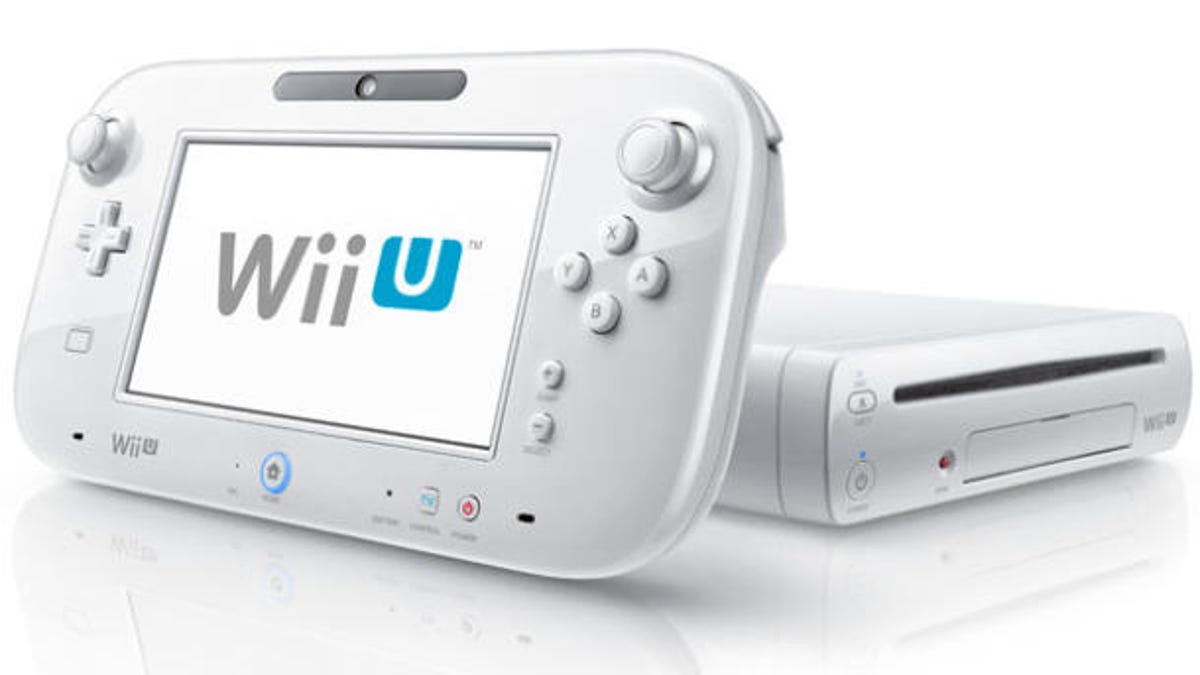Nintendo wins ITC ruling over Wii motion technology
Creative Kingdoms had sued the company, saying the Wii U Remote used the same technology as its "magic wands," thus violating its patents.

Nintendo has emerged victorious in an ongoing legal battle with self-proclaimed "experience creator" Creative Kingdoms.
The company on Thursday announced that the International Trade Commission has found that the Wii Remote, Wii, and Wii U do not violate patents held by Creative Kingdoms. Nintendo's consoles, therefore, can continue to be imported into the US.
Creative Kingdoms slapped Nintendo with a lawsuit in March 2011, alleging that the game company violated patents it held related to motion technology. Creative Kingdoms created "magic wands" that would let kids cast spells in its own themed adventure game. When the wand is moved, the game reacts to the movement. Creative Kingdoms argued that Nintendo's Wii U Remote used the same technology, thus violating its patents.
Creative Kingdoms asked the ITC to ban US imports on the Wii and Wii U.
In a ruling yesterday, however, the ITC disagreed with Creative Kingdoms' assessment and allowed Nintendo to keep its products on store shelves. The ruling is the second victory in the case for Nintendo. In his first ruling on the matter, ITC Trade Judge Charles Bullock found that Nintendo was not violating any patents. Yesterday's ruling was the result of a request to reconsider Bullock's earlier assessment.

